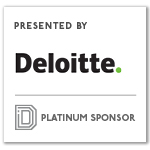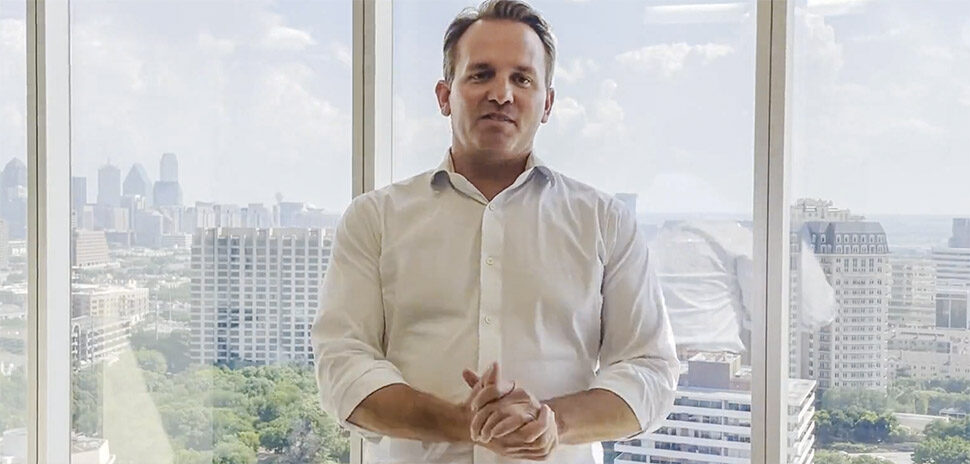 The business landscape today has been transformed by environmental and social concerns. As understanding grows about the risk and value creation opportunities that ESG presents, the demand for ESG disclosure has accelerated. The companies that hold themselves accountable to their stakeholders by increasing transparency could be more viable—and valuable—in the long term. But how prepared are companies for the changing ESG landscape?
The business landscape today has been transformed by environmental and social concerns. As understanding grows about the risk and value creation opportunities that ESG presents, the demand for ESG disclosure has accelerated. The companies that hold themselves accountable to their stakeholders by increasing transparency could be more viable—and valuable—in the long term. But how prepared are companies for the changing ESG landscape?
Deloitte recently conducted the ESG Executive Survey among 300 finance, accounting, sustainability, and legal executives to answer this question and help business leaders prepare for potential changes.
Here are the four key takeaways from the survey:
1. Companies should address data preparedness
While the market continues to demand transparency, more than half of senior executives (57% of survey respondents) indicated that data availability (access) and data quality (accuracy/completeness) remain their greatest challenges with respect to environmental, social, and governance (ESG) data for disclosure. At the same time, senior executives are proactively taking action to ensure they are presenting reliable ESG data, with more than 8 in 10 (89% of survey respondents) noting a likelihood that their organization will enhance its ESG control environment.
2. Governance and organizational capacity are critical to ESG efforts
Despite increased focus on ESG matters from stakeholders and the need to internally mobilize to create a robust ESG strategy and governance structure, less than a quarter of survey respondents (21%) currently have an ESG council or working group in place to drive strategic attention to ESG topics; however, more than half (57% of survey respondents) are actively working to establish one. And a strong majority of respondents (82%) believe they will need additional resources to generate ESG disclosures that meet the information needs of critical stakeholders.
3. Companies should take a hard look at how technology may impact measurement, reporting, and disclosures
Accurate ESG reporting requires effective use of technology, yet a strong majority (92% of survey respondents) believe that their organization needs to invest more in technology to address demand for consistent and reliable measurement, reporting, and disclosures.
4. Companies are taking action by obtaining assurance on data reported
Three out of four executives plan to obtain assurance over ESG disclosures in the next reporting cycle, indicating the importance of applying independence and objectivity to enhancing the reliability of this information.
Where can organizations start?
Kristen Sullivan, US Sustainability and ESG Services Leader, Deloitte LLP, states, “With increasing calls for higher quality ESG disclosures, organizations need a robust, integrated strategy that weaves ESG into their DNA. Done right, the integrated approach can be a tool to promote resilience and adaptability and drive greater overall value for the business.”
There are several ways to think about an integrated strategy. One recommendation from Deloitte’s article, “Tectonic shifts: How ESG is changing business, moving markets, and driving regulation” is:
- Dedicate sufficient resources to integrating ESG into the business: Have you evaluated what skills and resources you will need? How integrated is your approach today? Where are you on the journey? Do you have the resources in place to do it? If not, where are the weaknesses? Is this being led by the right part of the business? Is it clear how ESG contributes to your strategy and business model? Are you at risk of being accused of greenwashing?
For the full ESG Executive Survey report or more information on Deloitte ESG services that help identify and define strategies organizations can consider, click here.
This publication contains general information only and Deloitte is not, by means of this publication, rendering accounting, business, financial, investment, legal, tax, or other professional advice or services. This publication is not a substitute for such professional advice or services, nor should it be used as a basis for any decision or action that may affect your business. Before making any decision or taking any action that may affect your business, you should consult a qualified professional advisor. Deloitte shall not be responsible for any loss sustained by any person who relies on this publication.
About Deloitte
Deloitte refers to one or more of Deloitte Touche Tohmatsu Limited, a UK private company limited by guarantee (“DTTL”), its network of member firms, and their related entities. DTTL and each of its member firms are legally separate and independent entities. DTTL (also referred to as “Deloitte Global”) does not provide services to clients. In the United States, Deloitte refers to one or more of the US member firms of DTTL, their related entities that operate using the “Deloitte” name in the United States and their respective affiliates. Certain services may not be available to attest clients under the rules and regulations of public accounting. Please see www.deloitte.com/about to learn more about our global network of member firms.
![]()
Get on the list.
Dallas Innovates, every day.
Sign up to keep your eye on what’s new and next in Dallas-Fort Worth, every day.




























